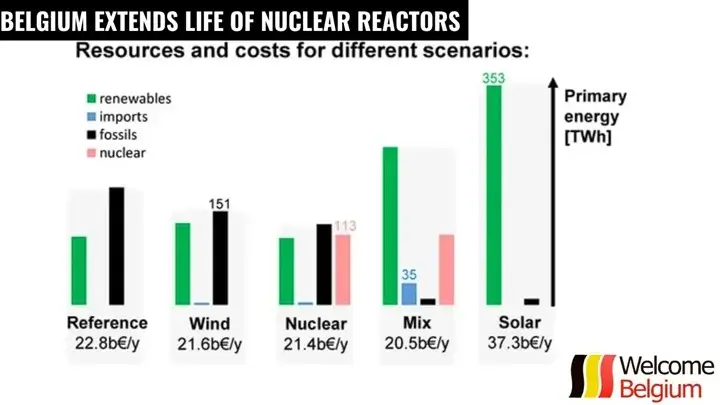In May 2025, the Belgian House of Representatives voted overwhelmingly to repeal a 2003 law that would have gradually shut down all of the country’s nuclear reactors by 2025. This is an important step in the country’s energy policy, which will allow existing capacity to be maintained while planning for new ones.
The decision was supported by both the ruling parties and some opposition forces, which indicates the seriousness of the energy supply situation. The energy minister said that such a measure is necessary for Belgium’s long-term energy security and a reduction in dependence on fossil fuels, which is in line with sustainable development plans.
However, not everyone took the news positively. Environmental groups expressed concern about potential risks to the environment and called for more investment in renewable energy. The debate between nuclear proponents and environmentalists continues, reflecting the global dilemma in many countries.
The main reasons for extending the service life of nuclear reactors are:
- Ensuring stable energy supply for industry and population
- Reducing dependence on imported fossil resources
- The possibility of a gradual transition to more environmentally friendly energy sources
- Creating conditions for investment in modern technologies and safety of nuclear power plants
- Minimizing the risk of an energy crisis in the coming years
Challenges and consequences of the decision taken:
- Growing debate over safety and environmental sustainability
- The need to monitor and modernize existing reactors
- Increasing investment in renewable energy despite maintaining nuclear capacity
- Strengthening political debate between different parties and social movements
- Impact on international commitments and country climate goals
In conclusion, the decision to extend the operation of nuclear reactors is a significant step for Belgium to ensure energy stability. However, the balance between energy development and environmental responsibility remains a challenge. The coming years are expected to be rich in both technical innovation and political debate around the country’s energy future.



